Jens Berents Christiansen (aka Rumpistol and Rump label operator), breaks down igloomag.com’s Five questions and unravels the history behind this Copenhagen-based musical imprint, its experimentally dubbed roots, visual-audio projection and forthcoming plans.
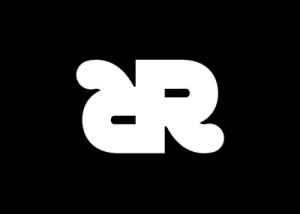 Igloo Magazine :: When did Rump Recordings start up and what was your inspiration?
Igloo Magazine :: When did Rump Recordings start up and what was your inspiration?
Jens Berents Christiansen / Rump :: I founded Rump as a label in 2003 when I decided to release the first Rumpistol album myself and the name Rump originally came from Rumpistol. Previous to the release I called my home studio Rump Recordings, mostly as a joke, because it was basically just a PC in my living room running Reason. Not much of a recording studio at all!
After spending about 2 years on and off making the first album I had 500 CD-copies pressed to be used as a demo to send to labels, DJ’s and press-people. Though I didn’t get any reaction from the labels I sent it to, the feedback from the press and people in general was surprisingly positive. After selling 250 copies of the demo in a local record shop called Loud, I had a meeting with Jan Schmidt from the distributor VME – (and also label boss of the now defunct April Records), and we decided to repress and re-release the Rumpistol CD, in a slightly altered version. The new version was of course much better distributed, and with plays on national radio and even The Wire writing a review, there was no holding back. My inspiration for the profile of the label was different dub and electronic labels that I liked at that time, of course Warp and ~scape, the old Greensleeves catalogue, but also the Danish April Records which released many of the artists I later “adopted” (Bjørn Svin, Future 3 (later System) and Acustic).
April Records had their prime time in the late 90’s where they shaped the sound of Scandinavian electronica, but around the turn of the millennium they changed direction into more jazzy and easy listening territories. I think this created a void within the Danish electronic scene, because suddenly there were no-one, apart from 2 or 3 micro-labels, releasing contemporary electronica in Denmark. So in that sense the timing was perfect.
Igloo :: Who were some of your initial artist relations and did your location help or hinder progress?
JBC :: I already knew quite a few people in Copenhagen that in my opinion was doing great stuff, people like Karsten Pflum, Theodor Zox, Melk, my old friend Zoffmann and oRfeUs, and I felt that their music needed a bigger audience. Still I felt a bit alienated to the scene, because almost everything was either techno, trance or house-oriented at that time, and there were only very few promoters doing more experimental electronic things: people like the Komponent crew, and the Norberg Festival crew, who were based in Copenhagen back then. I did get some support, however, from people like the popular (now defunct) radio show D’store’mix and the whole minimal techno scene, which surprisingly dug the Rumpistol CD.
Since I was a kid I’d done mix-tapes and CD’s for friends, so doing a compilation of great new music seemed like a natural thing to do. It resulted in the Rump Comp Volume One compilation in 2004. Soon after releasing the compilation I met Oliver Duckert who had just started his band Badun in the city of Århus (the second biggest in Denmark). Oliver had also just compiled a similar compilation called Dansk Lyd (released on ElectrAros), and after finding out that we shared musical interests, we soon decided to join forces, first with a joined venture release party at the newly opened electronic club Culture Box, done with our friend and DJ MHM One – later with a new visual identity for Rump created by Nicolas Freng aka Khal Allan. Suddenly the label was based in two cities and we could use a lot of Olivers’ network that he had gained through running his Prototype events at Musikcaféen in Århus. Oliver was also the one who introduced me to Bjørn Svin and Snöleoparden.
Igloo :: What were some of the challenges (if any) starting up a label? …and how did you envision the label to stand apart?

JBC :: Well I guess you can always mention bankrupt distributors, but in the beginning almost everything was a challenge because we didn’t have any real experience with the industry. There were a lot of wild and creative ideas, especially after Ditte Hegelund started working for the label as a booker and promoter, but seen in retrospect I think we spent too much time on things like making events and promoting these. We agreed that we wanted Rump to become a key player in the field, and that we wanted to keep promoting Danish electronic music internationally, create the best parties, as well as releasing a UK act we really liked: Icarus. We soon got overly ambitious and planned more releases than we could keep up with, which of course led to a lot of stress on my side, being the label manager, but also to some commercial failures because we simply didn’t have time to properly follow the releases through.
Internally we had a lot of arguments about how we wanted things to be done, and it didn’t make it easier that everyone had their own artistic careers to pursue – leading to people being absent for longer periods, including myself. Eventually the structure of the label just didn’t work for us anymore, and I decided to go on alone, of course with the help from the artists, distribution company and from different external promoters, bookers and interns. The Snöleoparden release was the last one that all three of us worked on together. In 2008 I released my third album Dynamo and was soon to become a father which made me decide to slow down the label work for a while.
Igloo :: What is your motivation in keeping the label moving forward into the next decade?
My motivation is not quantity but quality, meaning I’d much rather release just one good album a year, if I know that it gets all the attention it needs, in all parts of the process. There is no doubt that selling music these days has become a very tricky deal, so for me it’s very important that everything is really thought through and planned long in advance.
JBC :: My motivation is not quantity but quality, meaning I’d much rather release just one good album a year, if I know that it gets all the attention it needs, in all parts of the process. There is no doubt that selling music these days has become a very tricky deal, so for me it’s very important that everything is really thought through and planned long in advance. Since I started listening to music as a child, I’ve always preferred the album format, and I think it’s because it enables a deeper picture of an artists creative vision, and therefor stands the test of time better than say 12 inches do. That’s why most releases on Rump have been albums. Creating my own music has always been my number one priority. Still I feel I’ve neglected this in the past due to too much administrative work with Rump. Therefore I made the decision not to let the label take up too much of my time, and instead let it be something I work on in waves.
Many times I’ve asked myself why I keep on doing this label-thing, because with the ever decreasing income from sales, it doesn’t make sense at all compared to the amount of work and money you put into it. I guess love for the music and for the physical format is my main motivation, mixed with the buzz of giving people something new, something they don’t know or even something they think they don’t like!
Igloo :: Tell us more about how you (and your staff?) take the label’s “sound” to the listeners and fans. Distribution, campaigns, live shows, word of mouth etc.
JBC :: Well it’s pretty old school. We usually plan a tour around every release, a music video, a free track for blogs, some remixes etc.. Promos are send out to the press a couple of months before the release, some interviews are planned and flyers are printed. The artists and I usually plan one or two release parties, and on rare occasions I do a Rump night or host a showcase. To give the fans an alternative to buying or illegally downloading the music, I’ve made it possible to stream all releases in their entirety on the Rump website and Soundcloud.
Every summer, a couple of friends and I spend a week at Roskilde Festival selling specially prized Rump titles in a shop we share with some other independent labels, and I’m also thinking about doing more sales in the Rump webshop. For instance in September (2011) you’ll get a free copy of Rump Comp Volume One with every purchase in the webshop. I also send out a couple of newsletters to our subscribers every year, and generally try to make Tweets and updates on the Rump website, Facebook page and Twitter whenever something is happening.
For the new Quasi Dub Development release Limousine To The Guillotine we’ve had an app made, which is a bit of an experiment. It’s designed by Futura Epsis and should be available from September (2011) through the iTunes app store.
Find out more about Rump by visiting their website at www.rump-recordings.dk.
[soundcloud url=”http://api.soundcloud.com/playlists/81930″ height=”200″]







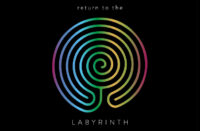



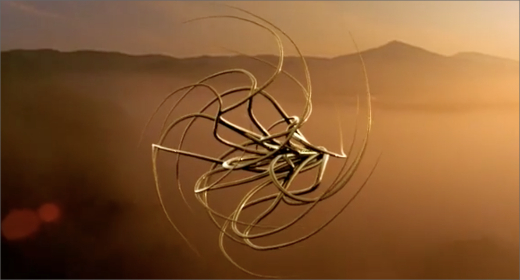
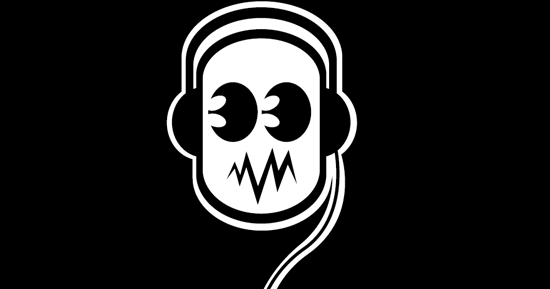
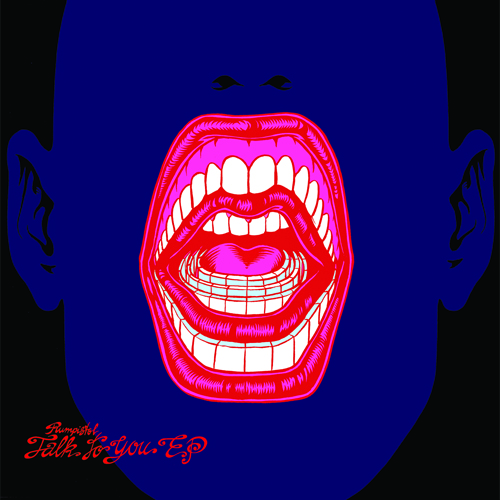

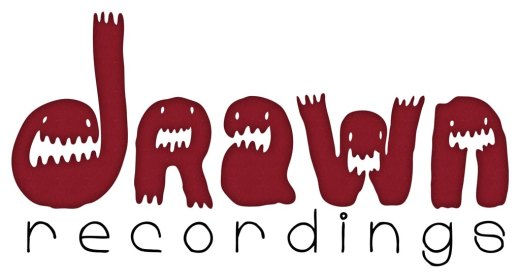


![Pole :: Tempus Remixes (Mute) — [concise]](https://igloomag.com/wp/wp-content/uploads/2025/04/pole-tempus-remixes_feat-75x75.jpg)






![Hasbeen :: Bunker Symphonies II (Clean Error) — [concise]](https://igloomag.com/wp/wp-content/uploads/2025/04/hasbeen-bunker-symphonies-ii_feat-75x75.jpg)

